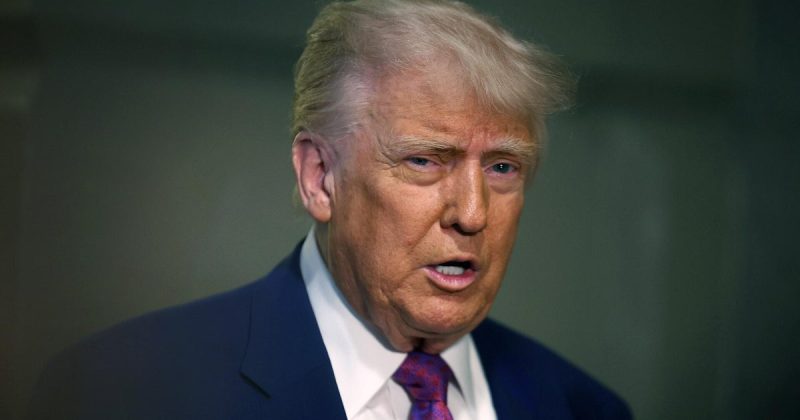
Late Wednesday, President Trump escalated his ongoing feud with Harvard University by issuing a proclamation barring most international students from entering the United States to study there. This dramatic move, announced in a late-night proclamation, suspends the entry of foreign students and exchange visitors intending to attend Harvard, unless the administration deems their entry to be in the “national interest.” The order also directs Secretary of State Marco Rubio to assess whether currently enrolled international students should have their visas revoked.
This action represents a significant escalation in the Trump administration’s contentious relationship with the Ivy League institution. It comes on the heels of a court order that temporarily blocked the administration from restricting Harvard’s ability to enroll international students. The administration’s actions have been met with widespread criticism from various sectors, raising concerns about the impact on academic freedom and international relations.
The proclamation’s broad scope and vague criteria for exceptions raise serious questions. The phrase “national interest” lacks clear definition, leaving considerable room for arbitrary application and potential for discrimination. The order’s impact extends beyond Harvard, raising concerns about its potential implications for other universities and the wider international student community in the US.
Harvard has yet to issue an official statement in response to the proclamation, but the university is expected to take swift action to challenge the new restrictions. Legal experts anticipate immediate legal challenges, citing potential violations of existing laws and precedents protecting international students’ rights. The ongoing legal battle between Harvard and the Trump administration promises to be protracted and highly contentious.
This situation underscores a concerning trend: the increasing politicization of higher education and the potential threat to academic freedom and the free exchange of ideas. The implications of this action for both Harvard and the broader landscape of international education remain to be seen, but the immediate future appears fraught with uncertainty and legal challenges. The international community will be watching closely to see how this situation unfolds and what impact it will have on future international student mobility.










